Brenna Matendere
The Zimbabwean government has produced a strategic plan that seeks to ensure that churches and political parties conduct their business in a transparent and accountable manner.
Government recently unveiled the National Anti-Corruption Strategy (NACS)—the first since the Zimbabwe Anti-Corruption Commission (ZACC) started operating in 2005—after consulting with a wide range of stakeholders that included civil society, the relevant government departments, activists and miners.
In the foreword to the strategic plan, Loyce Matanda-Moyo, the ZACC chairperson, said reforming institutions was “among the most critical anti-corruption strategies”.
“As such, the strategy will ensure efficiency and effectiveness in all organisations, both public and private, through the promotion of transparency and accountability in organisational systems and procedures,” said Matanda-Moyo.
Over the years, there have been outcries regarding corporate governance within churches and political parties.
Zimbabwe is home to hundreds of Christian and non-Christian churches and some of them have been accused of tax evasion, failing to keep books of accounts, unorthodox means of raising revenue and abuse of funds.
Pentecostal church leaders, in particular, have acquired overnight riches at the expense of poor followers desperate for deliverance, and acquired high value properties from church proceeds without accounting for the money.
Emmanuel Makandiwa of the United Family International Church (UFIC) steeply rose from being a pastor of meagre means to one of Zimbabwe’s richest people.
One of the Pentecostal churches, Prophetic Healing and Deliverance (PHD) Ministries led by Walter Magaya was early last year accused of omitting to pay US$28 million in tax.
Political parties have also been attracting brickbats for the manner in which they manage institutional assets and resources.
“All churches should be required to submit annual financially audited accounts to the Registrar of Companies. The audits should be done by reputable audit firms.
“Churches that fail to submit or whose financial status are poorly managed can be de-registered,” reads part of the NACS.
Questions have been asked around the collapse of the ruling Zanu PF companies, amid accusations that powerful individuals diverted resources from the firms that included Treger Holdings, ZIDCO, M & S Syndicate, Catercraft, Ottawa, Zidlee and First Banking Corporation (FBC).
Company properties—such as the Mount Pleasant house that the late ex-President Robert Mugabe and his family occupied at one time and was believed to be a first family asset—have been transferred to or grabbed by party leaders in secret deals.
The political opposition has also been accused of fund mismanagement and opaque ownership deals.
The late ex-leader of the Movement for Democratic Change (MDC), Morgan Tsvangirai, at one time reportedly gave more than US$300,000 of party funds to a lover.
MDC factions—MDC-T and MDC Alliance led by Thokozani Kupe and Nelson Chamisa, respectively—still have unresolved disputes over the ownership of Morgan Richard Tsvangirai House, formerly known as Harvest House.
The factions are also fighting over money released by government to the parties that contested the 2018 elections, while rivals keep accusing each other of abusing party funds.
The new national strategy stipulates that political parties must provide proof of transparency and accountability in the use of their funds and promised a “zero tolerance approach to corruption at senior levels and across the board”.
“All political parties must spell out anti -corruption and accountability policies in their party manifestoes. These polices must be adhered to. This should form one of the conditions, among others, for political funding from State coffers,” noted the the strategic plan.
“The objective of this strategy is to engender a new political culture in which the inevitable desire for power is balanced by a sense of integrity and commitment to public service. Various measures can be deployed to help create this culture in the political leadership and the political parties’ says the NACS plan.
The NACS also spells out other means to guard against graft beyond churches and political parties.
The government wants to promote citizen awareness around people’s rights and responsibilities in the fight against corruption and is planning to organise public debates across the country.
At the same time, it is gunning to “increase public demand for transparency and accountability and rejection of corruption in government offices, ministries, agencies and state-owned Enterprises (SOEs)/parastatals, public institutions, media houses and the private sector.”
Government will introduce training on ethics and integrity in schools and the public sector while encouraging the development of integrity systems in civil society, in addition to promoting freedom of the media to enhance the dissemination of information relating to corruption.
The strategic plan calls for the establishment of more anti-corruption courts and the maintenance of efficient records on blacklisted companies that must not participate in public interest procurement, while judicial integrity must be strengthened.



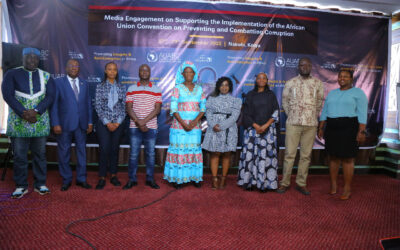



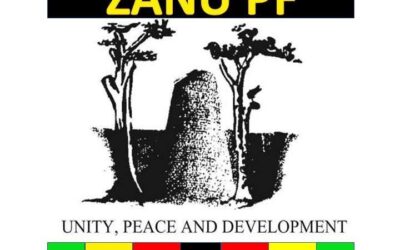





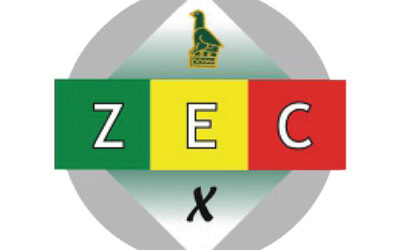












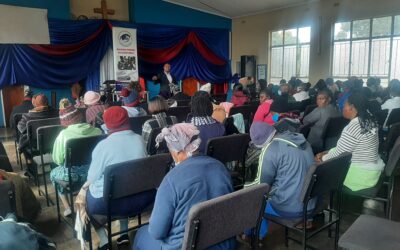


















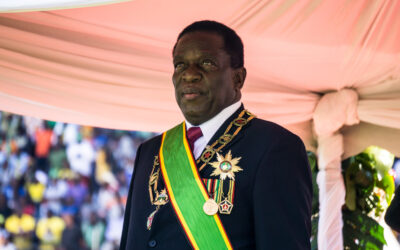





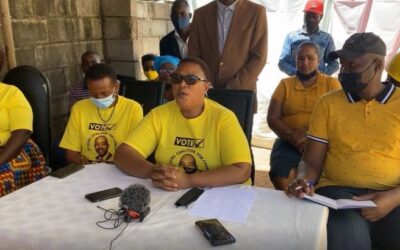








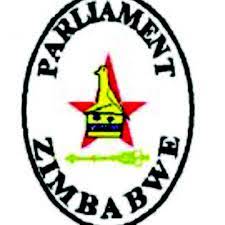



















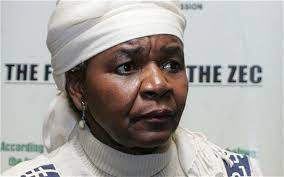





















Awesome and an highly interesting post to stumble at on this massive website! Never write some replies only now i couldnt i could not resist .. http://www.piano.m106.com
I just signed up to your sites rss feed. Will you post more on this subject?
I have been meaning to post about something like this on my site and this gave me an idea. Cheers.